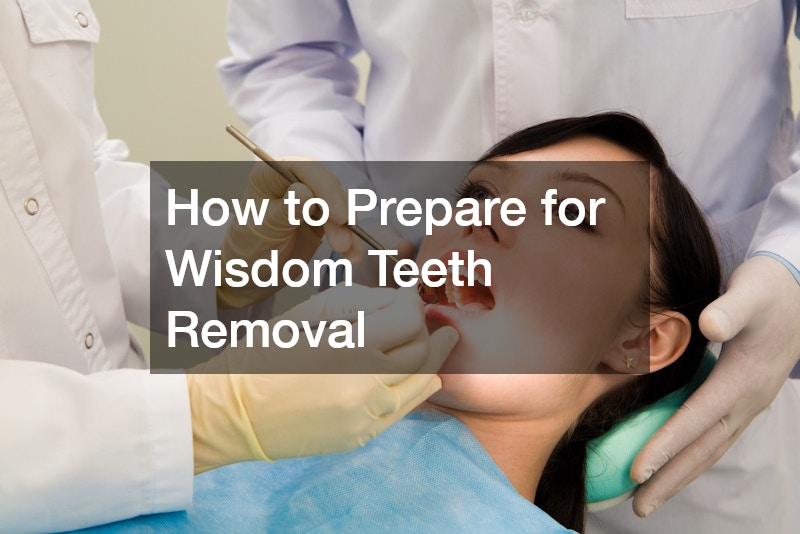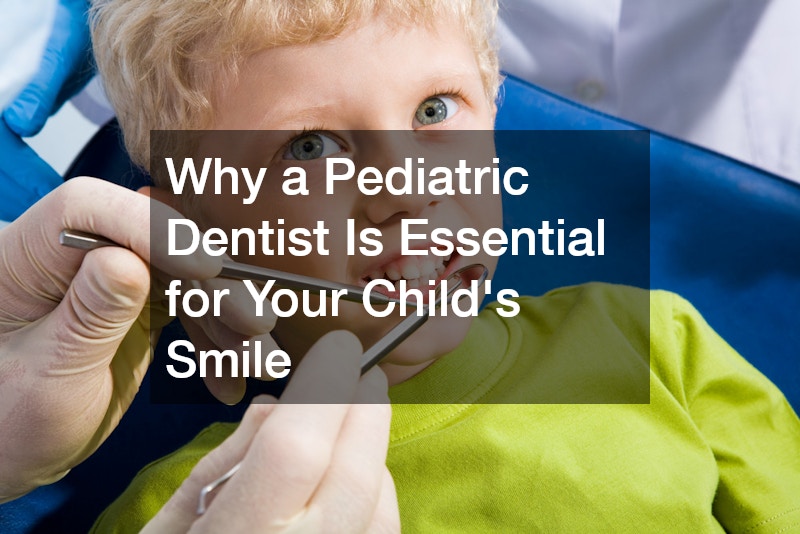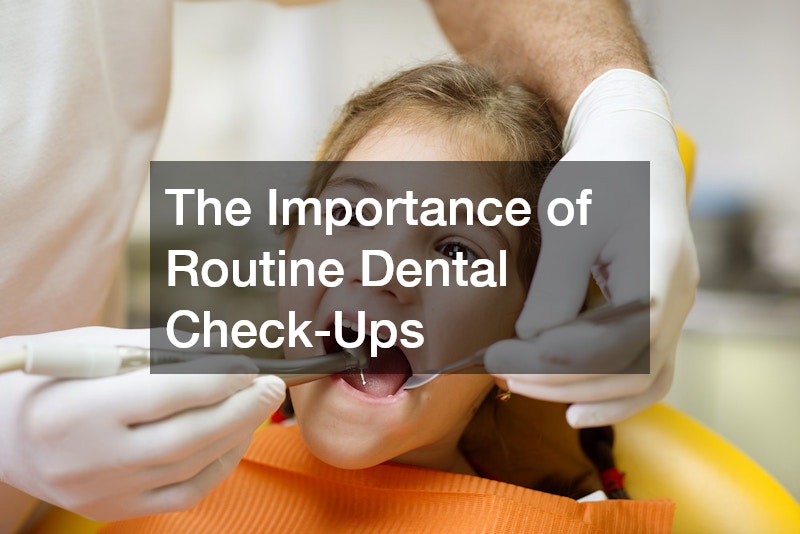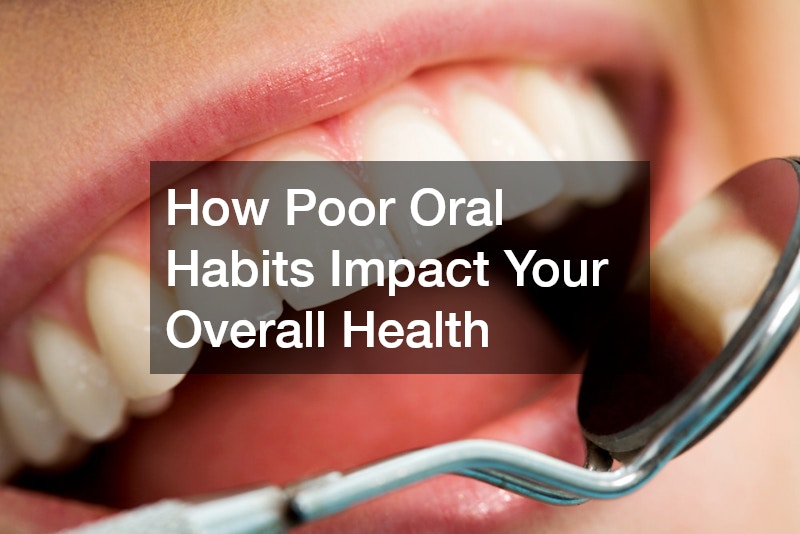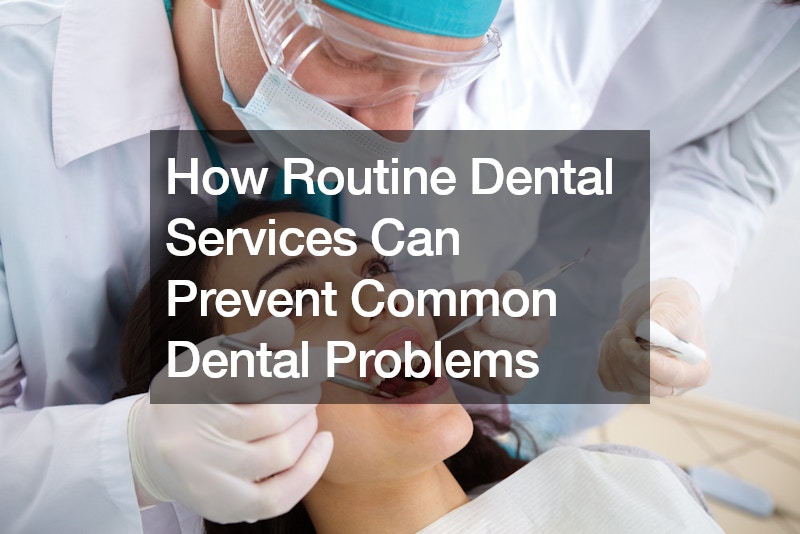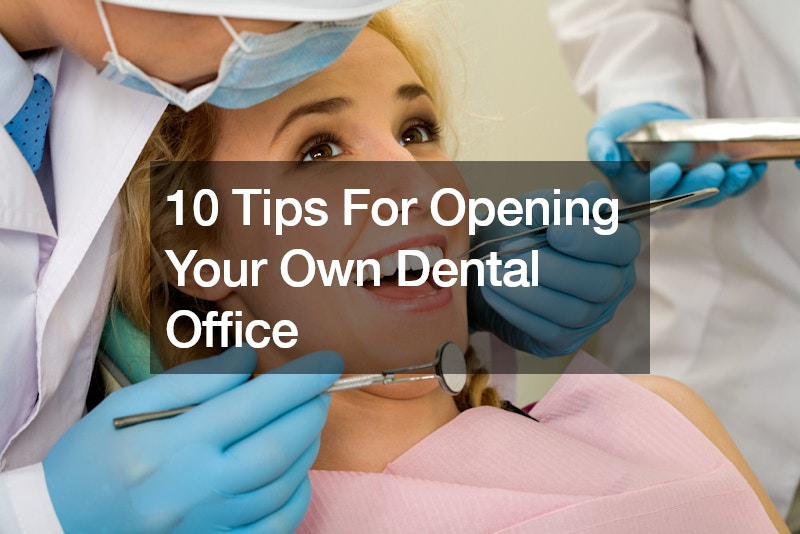In the competitive world of dentistry, orthodontic practices are constantly seeking ways to improve efficiency, […]
How to Select a Provider for Tinnitus Treatment in Singapore
Tinnitus is a prevalent condition characterized by a ringing, buzzing, or hissing sound in the […]
10 Tips for a Successful Family Dentistry Experience
Discover how to make your family’s dental visits stress-free and effective with these essential tips […]
How to Prepare for Wisdom Teeth Removal
Wisdom teeth removal is a common dental procedure that many individuals undergo, typically in their […]
Essential Services for the Best Healthcare and Wellness
Achieving the best healthcare and wellness requires access to essential services that support both urgent […]
Why a Pediatric Dentist Is Essential for Your Child’s Smile
Children’s dental health is a crucial component of their overall well-being and confidence. Establishing good […]
The Importance of Routine Dental Check-Ups
Routine dental check-ups are essential for maintaining both oral health and overall well-being. Just like […]
How Poor Oral Habits Impact Your Overall Health
In today’s fast-paced world, maintaining comprehensive health extends beyond annual check-ups and balanced diets—it also […]
How Routine Dental Services Can Prevent Common Dental Problems
Maintaining oral health is not just about achieving a bright smile. It encompasses a range […]
10 Tips For Opening Your Own Dental Office
10 Tips For Opening Your Own Dental Office Introduction Opening a small dental office can […]




